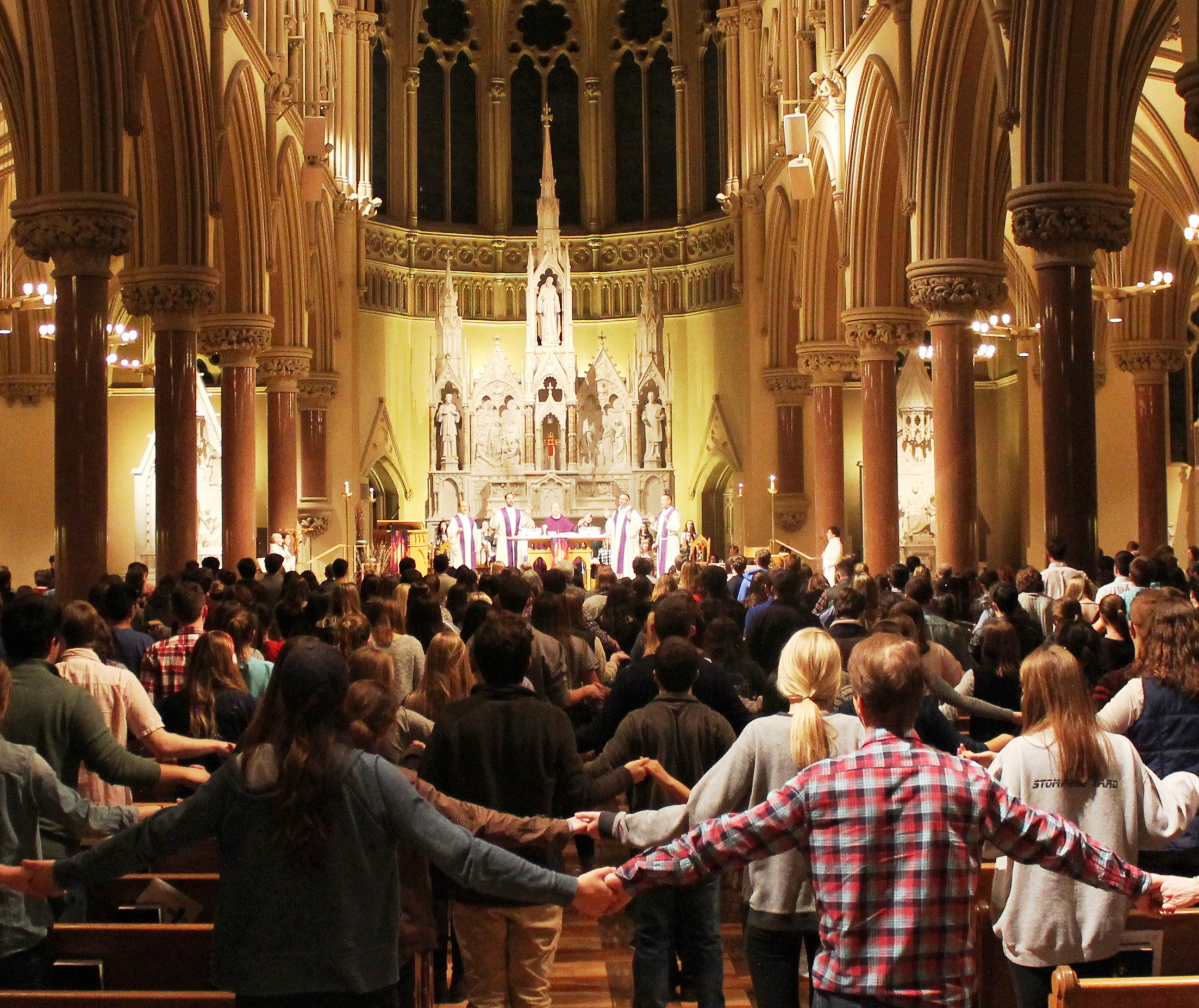
In the Old Testament, when God freed the Israelites from slavery in Egypt, He promised to lead them to the Promised Land—a place described as flowing with milk and honey, symbols of abundance and fertility. What was expected to be a 40-day journey through the wilderness turned into a 40-year journey due to the Israelites’ disobedience and rebellious nature.
During their time in the wilderness, God guided the Israelites with a pillar of cloud by day and a pillar of fire by night (Exodus 13:21-22). He provided them with heavenly food known as manna. When they encountered bitter water, God instructed Moses to place a tree in the water to make it sweet (Exodus 15:24-25). Despite these provisions, the Israelites frequently complained, expressing dissatisfaction and asking who would provide them with meat (Numbers 11:18). They even declared their disdain for the manna, saying, “We loathe this worthless food” (Numbers 21:5).
Once they finally entered the Promised Land and began to enjoy comfortable and prosperous lives, they started to worship false gods and adopt Canaanite culture, just as God had foretold (Deuteronomy 31:16).
In contrast, as Christianity began to grow in the New Testament, believers faced significant challenges. Many had to leave their homes and flee for their lives. Some were arrested and imprisoned, while others, like Stephen, were stoned to death (Acts 8:1-3). They endured great persecution and hunger; yet New Testament believers remained joyful and thankful, demonstrating their faith amidst adversity. The Apostle Paul encouraged them to be thankful and joyful, as noted in Philippians 2:1 and Ephesians 5:20.
While Old Covenant believers often complained despite being guided by God, ultimately falling into disobedience after receiving the blessings of the Promised Land, New Covenant believers remained faithful and grateful in the face of persecution.
When God provided gold to the Israelites (Old Covenant believers) after their long service, they used it to construct a golden calf, declaring, “This is the god who brought us out of Egypt” (Exodus 32:4). In contrast, New Covenant believers sold their properties and laid the proceeds at the apostles’ feet to support the growing needs of the Christian community (Acts 4:35).
*Reflection of Both Covenants in Today’s Christianity*
In today’s world, Christians in countries like China face severe persecution. If the Bible is found in their homes, or if they gather for fellowship to study God’s Word or worship, they risk arrest and brutal beatings. Many endure years of hiding while remaining eager to read the Word of God, spend time in prayer, and maintain a personal relationship with God—all while being grateful and rejoicing. They truly reflect the spirit of New Testament believers.
On the other hand, in more affluent countries like the United States, Canada, and Australia, many people lead comfortable and luxurious lives, similar to the Israelites in the Promised Land. Despite having greater access to religious resources, many do not find time to pray, read the Bible, or attend church. When they experience loss or hardship, they often complain and question God, asking, “Why have You done this to me?”
What accounts for the contrasting attitudes of those who remain grateful and seek God despite persecution and difficult circumstances versus those who reject Him despite living in comfort?
The key difference appears to be that New Covenant believers followed the Spirit, while Old Covenant believers often followed the flesh and its desires because they did not have the Holy Spirit. Today, despite having this gift, some still choose to follow their flesh.
In summary, if you follow the Spirit, you will be happy and thankful despite persecution. Conversely, if you follow the flesh and its desires, you may remain ungrateful, even with all the comforts at your disposal.
”WE ENCOURAGE YOU TO READ BIBLE”















No Comments